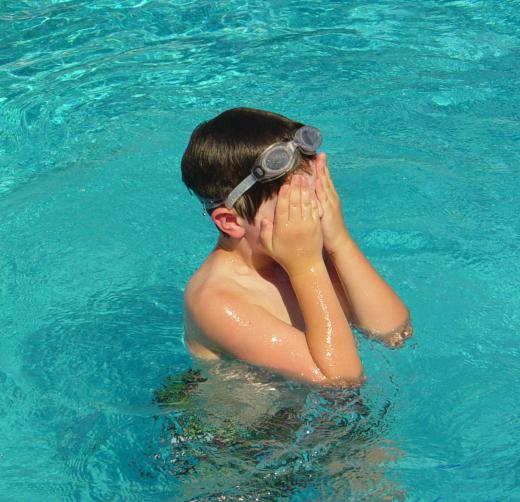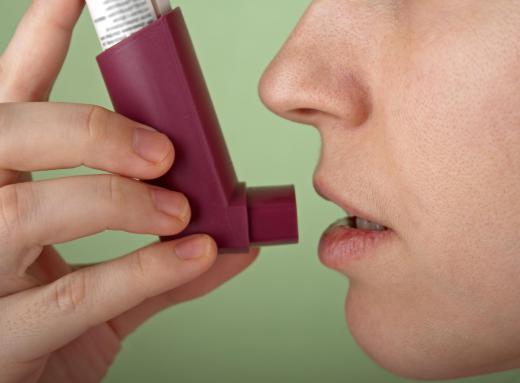What Are Fine Chemicals?
Fine chemicals are substances that are produced in commercial facilities for use in specialized applications. They take the form of pharmaceutical ingredients, biocides, and specialized chemicals used for technical applications.
Fine chemicals are different from bulk chemicals, in that they are made in small batches. Bulk chemicals are produced in large quantities using standardized reactions. Since batches of fine chemicals are smaller than those for bulk chemicals, they are more expensive to produce. The process also generates more waste products than making bulk chemicals.

As new medications are brought to the consumer market, their chemical makeup is changed often. These newer drugs are manufactured in relatively small quantities. The active ingredients are assembled in one factory, and then combined with the inert components that make up the medication. The final step is to formulate the drug into pills, capsules, or caplets in individual doses.

Biocides are another type of fine chemicals. They may be used commercially or in the home to kill living organisms. Pesticides and herbicides are common examples of biocides. Chlorine is another examples of a biocide, since it is used to kill bacteria in swimming pools. Biocides may be added to water to kill algae in swimming pools or at industrial locations. Chlorine is also used by water treatment plants to kill microscopic organisms present in the water.

When using these classes of chemicals, it's important to read the directions provided on the product label and follow them closely. Gloves, safety glasses, or other specialized clothing may be required to use the product safely. The product may not be safe for use around pets, and they may need to be removed from the premises during and after use.
There may be consequences for the environment when these chemicals are used. The label on the product should set out exactly how the product should be disposed of with the minimum of environmental impact, and they should be followed to the letter. Local municipalities should be able to provide information about whether these products must be taken to a hazardous waste disposal facility.

The third class of fine chemicals are a class of specialized products used for various commercial purposes. They include inks, chemicals used for processing photographs, and special coatings. Industrial additives are also included in this category. Unlike other forms of fine chemicals that are sold at a set price per mass, this type is priced according to performance-in-use characteristics.
AS FEATURED ON:
AS FEATURED ON:














Discussion Comments
@indemnifyme - Photo processing chemicals are indeed considered fine chemicals. I know this, because I am allergic to them. I actually discovered this the hard way when I was taking a photography class in college. I walked into the darkroom and started feeling like I was going to pass out!
When I went outside and explained what happened to the instructor she practically had a fit! She told me to remove myself from the darkroom immediately and go see a doctor. The doctor diagnosed me with the allergy, so I never got to go into the darkroom again. Lucky for me, there's always digital photography.
I never knew chemicals used for processing photographs were considered "fine chemicals." I also think this term sounds kind of funny, like when someone says a fine wine it means a really good wine.
So I guess these chemicals are a little more upper class than your average, run of the mill bulk chemical!
Post your comments